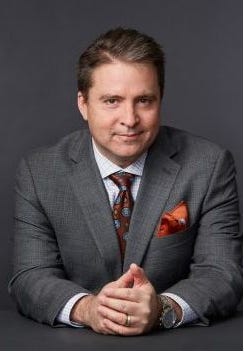
I have just finished reading the newly released book by Robert P. Jones, The Hidden Roots of White Supremacy: and the Path to a Shared American Future. This book is a brilliant exposition of American history starting even earlier tha…
Keep reading with a 7-day free trial
Subscribe to Things We Don't Talk About Like Politics & Religion to keep reading this post and get 7 days of free access to the full post archives.


